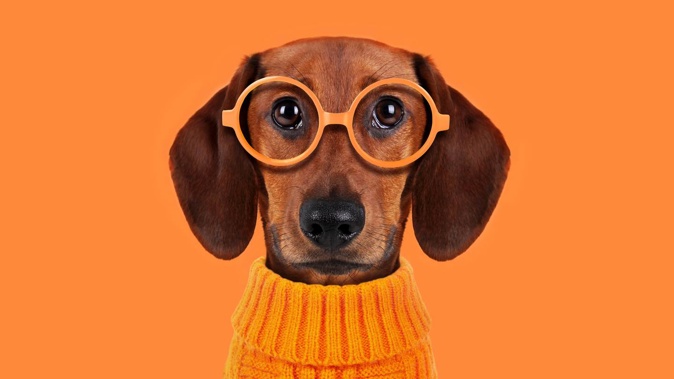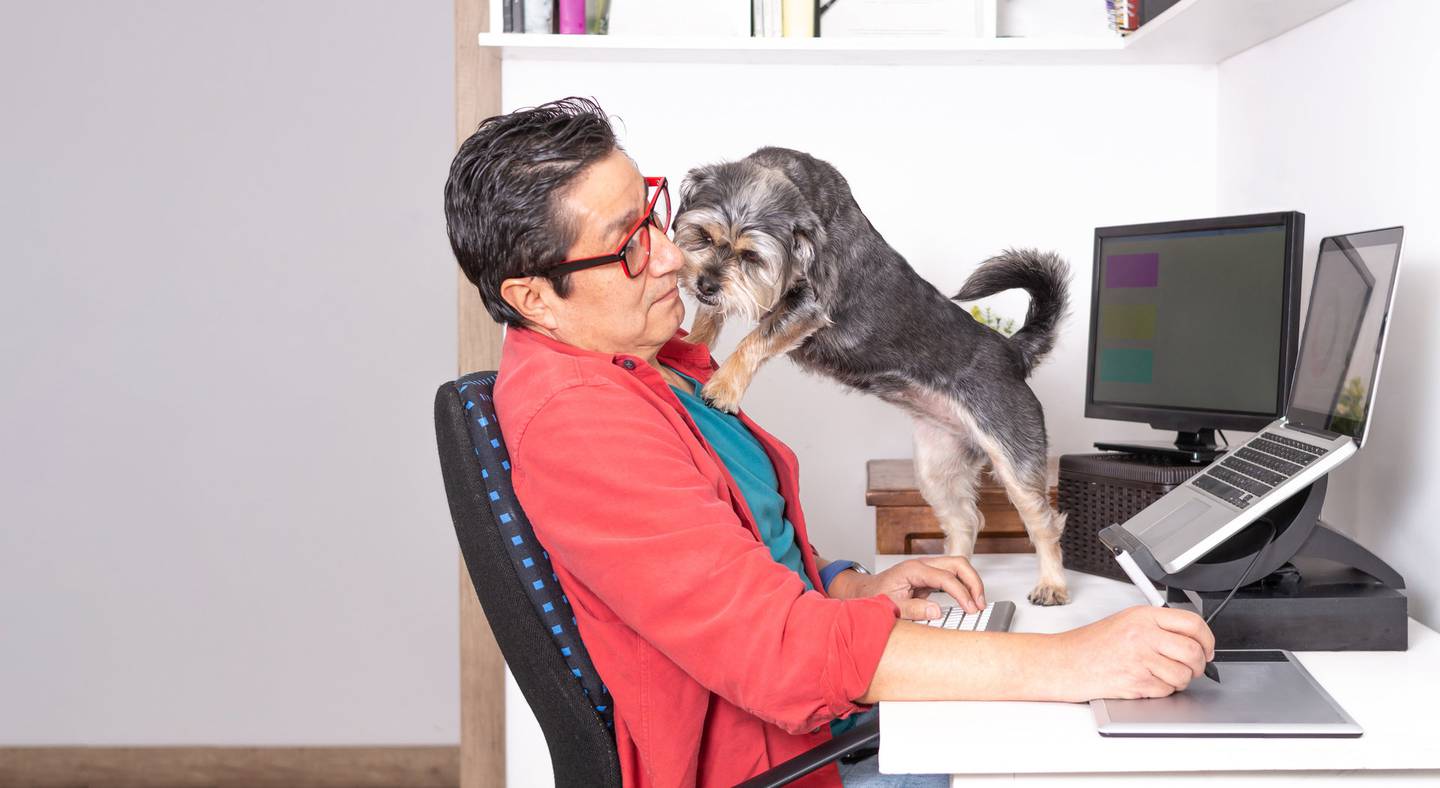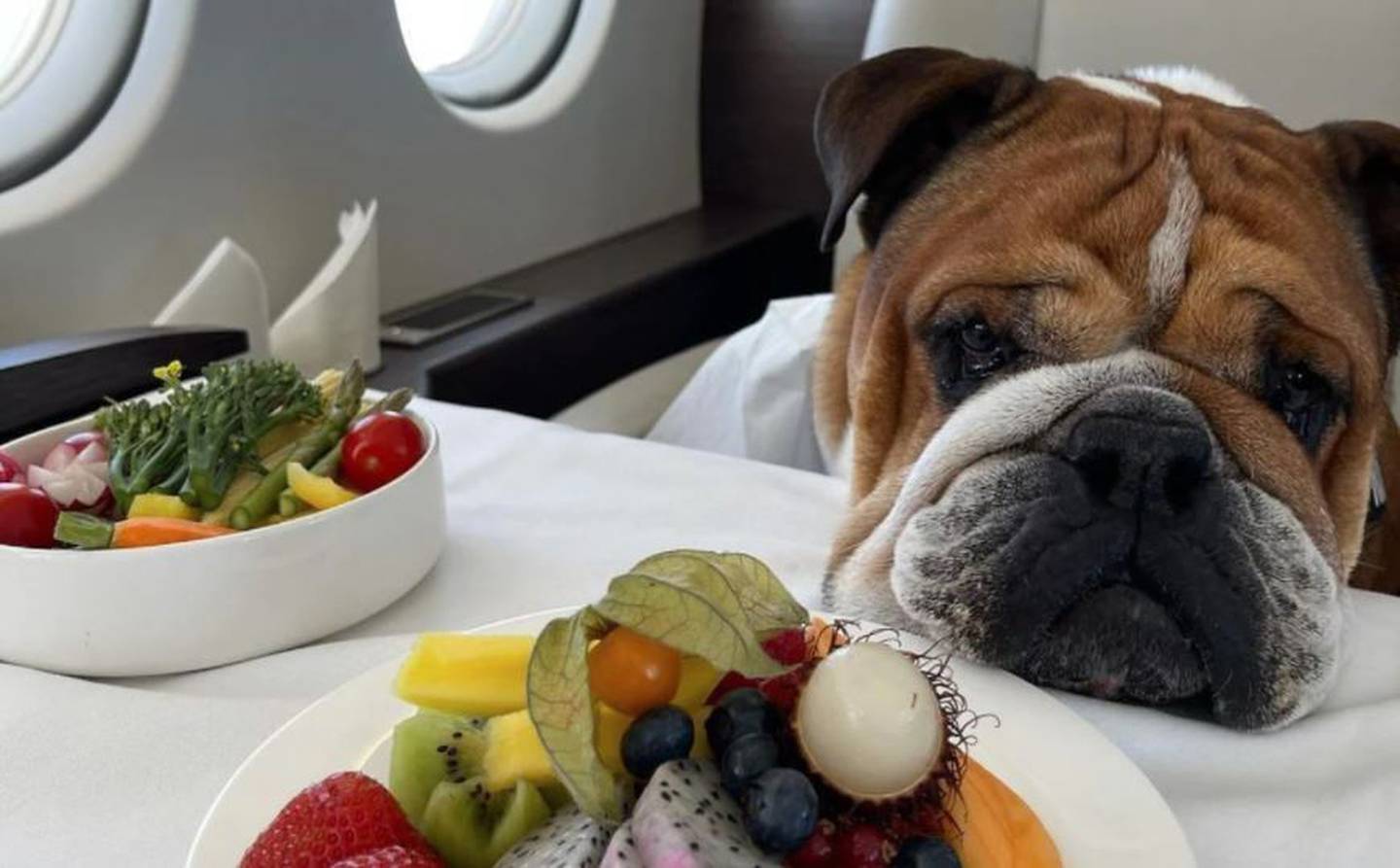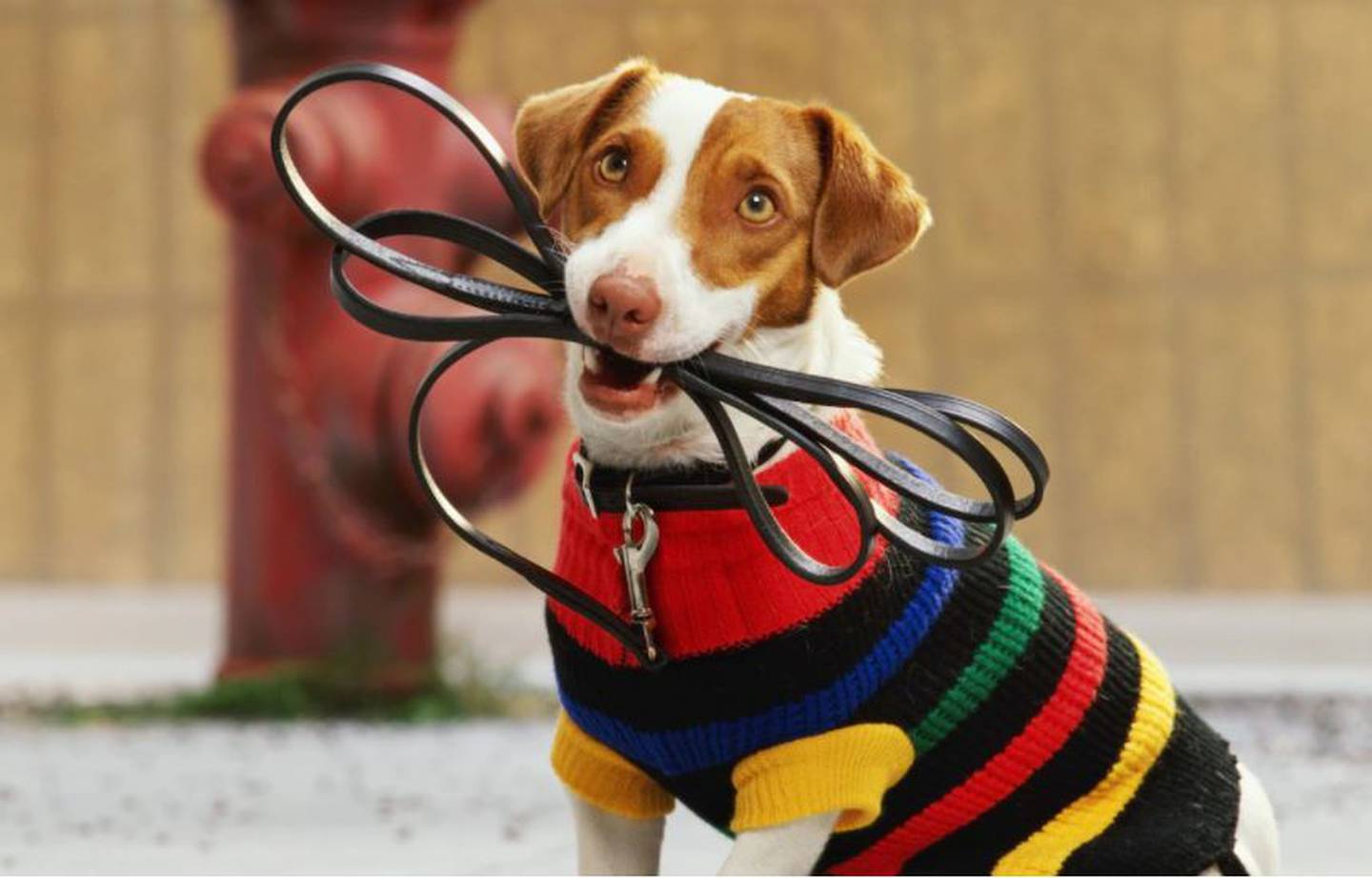
There are, according to the official figures, 12.7 million children under 16 in the UK, which is only a whisker above the number of pet dogs. And while the birth rate has either been falling or showing insignificant rises for decades, our enthusiasm for man's best friend has risen dramatically – up by just short of threefold since 1965, and a massive 65 per cent in the past decade alone.
Are the two connected? Well, Pope Francis seems to think so. At a general audience in the Vatican this week, he castigated "selfish" couples who "substitute cats and dogs for children" as guilty of "taking away our humanity".
It is tempting, of course, to see his words as just another tired reiteration of that age-old Catholic message that sex (when married and straight, of course) is for procreation not pleasure. But the 85-year-old Argentinian pontiff seems to have had in his sights what he has previously referred to as the "cultural degradation" of Western society – where fur babies with four legs are replacing human ones with two in our hearts, in our homes and in our wallets.
In a 2014 interview with the Italian daily Il Messaggero, he accused would-be parents of favouring "easier" bonds with pets than the challenge of "complex" relationships with children.
So, is he right? Are dogs – who account for a third of all the nation's pets – really taking over Britain? And not just by leaving their mark on its pavements.
As a not-very-good Catholic father-of-two and a grieving dog owner (our 16-year-old cocker spaniel, Bess, recently departed for pet heaven), I should be in the perfect place to decide – but I find myself torn. More children is, arguably not what the world needs in an age of climate change (another of Francis's themes), and I do find myself unable to resist searching websites offering puppies who need to be rehomed.

Child? Also, study buddy! Photo / 123rf
There is currently a glut of them, the fallout from the 3.4 million households (11.4 per cent of the total in the UK) who are reported to have got a pet during the pandemic – many of whom regretted it. Last month, Dogs Trust and the RSPCA jointly reported that there had been a 182 per cent increase in traffic searching their website on "how to give up a dog".
One local dog walker tells me that she currently gets "two or three calls a week" for families who enthusiastically took on a lockdown puppy, but now can't manage it because they have to go to work and Fido gets "separation anxiety". Can she find someone to take him on?
"I feel like putting the phone down," she says. "What about the dog's needs, rather than the human ones?"
During the first lockdown of 2020, the Pets4Homes website reported that there were some 420 buyers for every puppy. Where previously pedigree examples had been going for around £500 (NZ$1000) each, demand drove up prices into the thousands.
The top breeds in this dog-rush were cocker spaniels, Cavapoos (poodle crossed with Cavalier King Charles spaniel), cockapoos (cocker with poodle), dachshunds and German shepherds. All, with the exception of the last, are city rather than countryside dogs. And all are the sort that invite pampering. Lavish them with affection we do. Thirty years ago, Rover slept outside in a kennel, whatever the weather, and wasn't allowed to so much as jump up on the sofa. Today? We take our canine friends to pubs, restaurants, offices and dog-centric hotels. We allow them to sleep on our beds and spend our spare cash on the sorts of food and accessories once reserved for children – not to mention kisses and cuddles.

Roscoe eyeing up his first class meal. Photo / Lewis Hamilton
An extreme example is Lewis Hamilton, seven times Formula One world champion, who posted a picture on social media this week of Roscoe, his bulldog, "enjoying" a plate of exotic fruit on a private jet. Hard to judge if he wouldn't prefer some Pedigree Chum, but Roscoe is evidently embracing Veganuary.
Good, perhaps, from a climate change point of view. Edinburgh University researchers have calculated that agricultural land, the equivalent of twice the size of the UK, is currently being used globally to produce pet food for dogs and cats, much of it meat-based.
But as celebrity dog trainer Jamie Penrith told Good Morning Britain this week: "If we're talking about a dog, a dog is a predator. My entire professional life is about assisting people with controlling predation in dogs. Dogs go out every year and attack 15 to 30,000 sheep plus other animals – they don't chase after broccoli or root vegetables."
Justine Shotton, president of the British Veterinary Association, is equally clear-eyed. "At the moment," she said recently, "there's not a lot of evidence-based research for vegan pet food meeting the nutritional needs for dogs."
But being vegan on its own isn't necessarily a sure indicator of the new army of pampered pooches who are spearheading that babyfication of Britain's dogs. If in doubt, try ordering a bag of 10 "bulls' pizzle" dog treats. If you get any change from £20 for these dried bull penises, you will be doing well. Evidently, supplies have been interrupted by Brexit.
Such prices are just one aspect of the £8 billion pet care industry in the UK, up from £2.9 billion in 2005. Half of that total is vets' bills. With so many now having pet insurance, even the harder-hearted among us can so easily be talked into extraordinary treatments for minor ailments because, you are assured, they come within your annual limit of spending that can be claimed back.
Bess, in her mid-years, had curious periods of lethargy that came and went without reason. The vet suggested an immediate MRI for £2000, which I was about to agree to when I came over all Catholic and felt guilty about the people waiting days and weeks for such scans in our hospitals.
She ended up getting over the illness on her own and, during our daily permitted walk under lockdown, survived to see a procession of four-legged creatures walk by that she didn't immediately recognise as fellow mutts – decked out in fancy, brightly coloured coats to stop them getting muddy. Isn't that the point of a dog?

Cute coat or ridiculous and counterproductive? Photo / Getty Images
The most heart-breaking example I saw was a golden retriever, only recognisable by its head and tail. From a breed that is all about hunting and swimming, it was encased in a bright orange knitted all-in-one that might just as well have been made of concrete as far as the poor creature was concerned. And then there is the new owners' reluctance to let their dogs off the lead for even a moment. "I am worried she won't come back to Mummy," one told me, looking puzzled as Bess wandered off to splash her way through another puddle.
If I was entombed in a coat that most veterinary scientists suggest is not only useless, but counterproductive because they blunt the dog's natural ability to adjust to changes in temperature, I wouldn't be coming back to Mummy either. I am not, I should stress, immune to stories of dogs that go the extra mile for their owner. Quite the opposite. I can be as soppy as the next "dog parent".
In the past week I have marvelled at the example of Tinsley, a German shepherd who attracted a passing police car when his owner crashed off a US highway. I have had my heartstrings tugged by the tale of Alaskan Malamute, North, who curled up on top of his owner – a climber who fractured his leg in an icy fall – to keep him warm.
"Friendship and love between man and dog have no boundaries," he said later. "From this example we can all learn about caring for one another."
Yes, up to a point, but for every Tinsley and North there are dogs like the one left off-lead by a careless owner at Tuddenham St Martin near Ipswich on December 29, who chased farmer Becki Spry's 14 terrified ewes onto a railway line where they were killed by a train.
If the dogs really are taking over, then perhaps we need to be a little more realistic about them before bringing them into our homes to soothe our anxiety, isolation or need for an accessory.
Yes, they can be a positive addition to any home, but they are not quite as "easy" or affordable as you might think – a bit like children, in other words.
Take your Radio, Podcasts and Music with you









